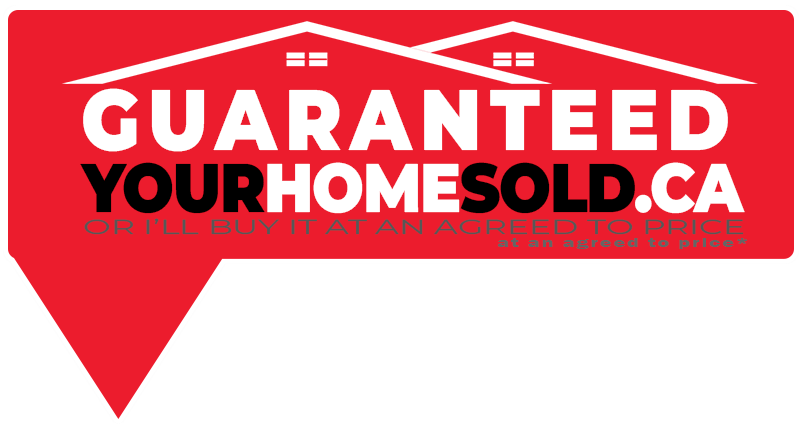Toronto Real Estate Scammers: How to Protect Yourself
The Toronto real estate market is a competitive and fast-paced environment, and unfortunately, it also attracts scammers who prey on unsuspecting homeowners. In recent months, there have been several reports of scammers posing as real estate agents and convincing homeowners to sell their properties at significantly below market value. In some cases, these scammers even managed to sell the properties to unsuspecting buyers before the true owners even realized what had happened.
To protect yourself from becoming a victim of real estate fraud in Toronto, it is important to be aware of the tactics used by scammers and to take steps to safeguard your property. In this article, we will provide an overview of the most common scamming techniques used in the Toronto real estate market and offer tips on how to protect yourself from these fraudsters.
Common Scamming Techniques
Scammers use a variety of tactics to defraud homeowners and buyers in the Toronto real estate market. Some of the most common techniques include:
- Posing as a real estate agent: Scammers often pose as licensed real estate agents and use fake credentials to gain the trust of homeowners. They may offer to sell the property quickly and at a high price, but the homeowner will later discover that the sale was made at a much lower price.
- Phishing scams: Scammers may use phishing scams to gain access to personal information, such as bank account numbers or social security numbers. These scammers often send fake emails or make phone calls pretending to be from a legitimate source, such as a government agency or a bank.
- Fake documents: Scammers may also use fake documents, such as forged deeds or fraudulent mortgage documents, to defraud homeowners and buyers.
- Pressure tactics: Some scammers use pressure tactics to force homeowners to sell their properties quickly, often at a much lower price than the market value. These scammers may threaten to reveal personal information or to take legal action if the homeowner does not comply with their demands.
How to Protect Yourself
To protect yourself from real estate scammers in Toronto, it is important to be aware of the common scamming techniques used in the market and to take steps to safeguard your property. Some of the key steps you can take include:
- Verify credentials: Before working with a real estate agent or any other professional involved in the sale of your property, verify their credentials. Check for a valid license and contact the regulatory body for the industry to confirm the agent’s legitimacy.
- Be wary of unsolicited offers: Be wary of unsolicited offers, especially those that seem too good to be true. Scammers often use high-pressure tactics to convince homeowners to sell their properties quickly and at a low price.
- Don’t disclose personal information: Never disclose personal information, such as bank account numbers or social security numbers, to anyone you do not know and trust.
- Consult a lawyer: If you suspect that you have been a victim of real estate fraud, consult a lawyer immediately. A lawyer can help you navigate the legal system and recover any lost assets.
Real estate fraud is a serious problem in the Toronto market, but by being aware of the common scamming techniques used by fraudsters and taking steps to protect yourself, you can reduce your risk of becoming a victim. Remember to verify credentials, be wary of unsolicited offers, and consult a lawyer if you suspect fraud.































